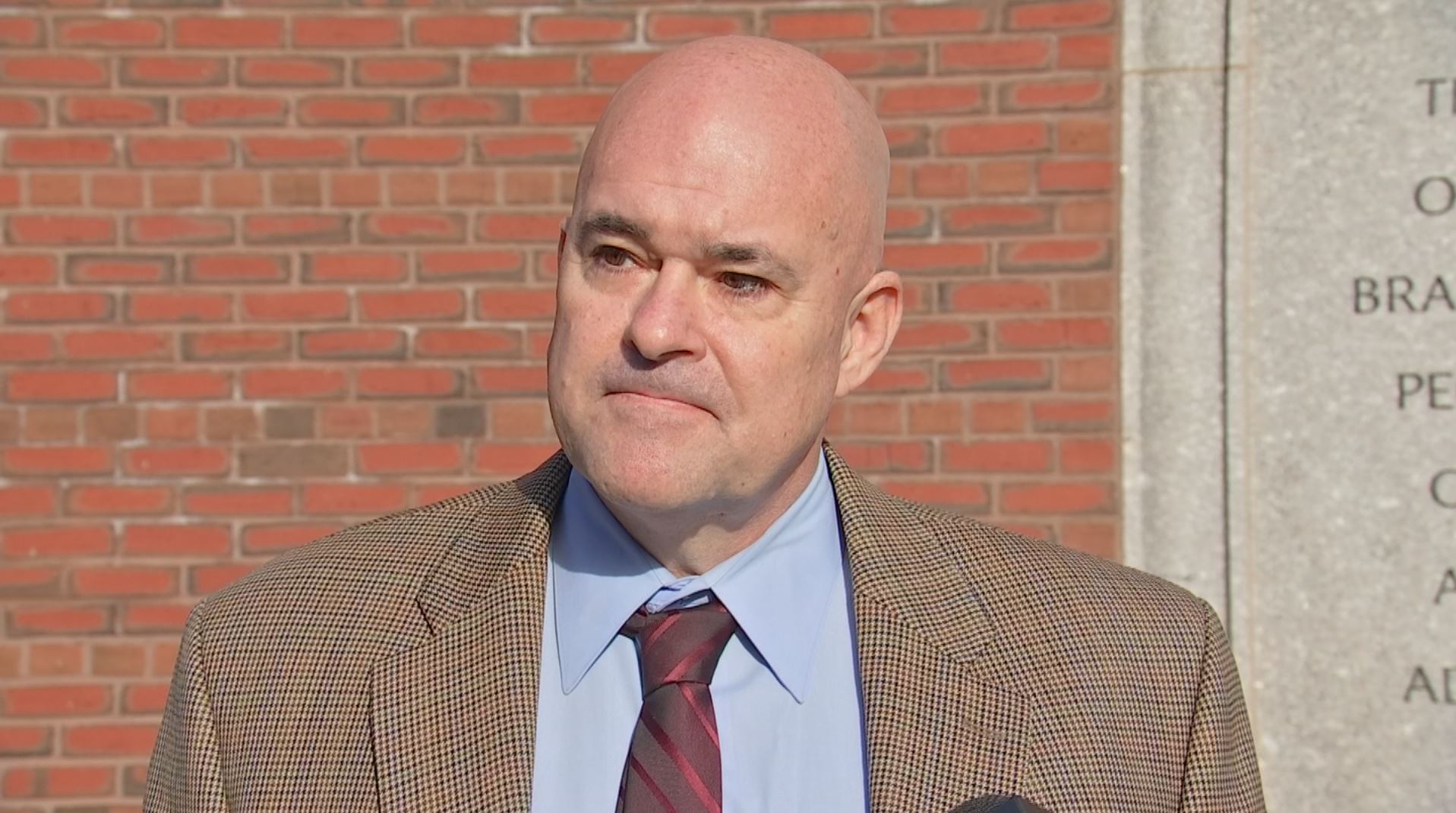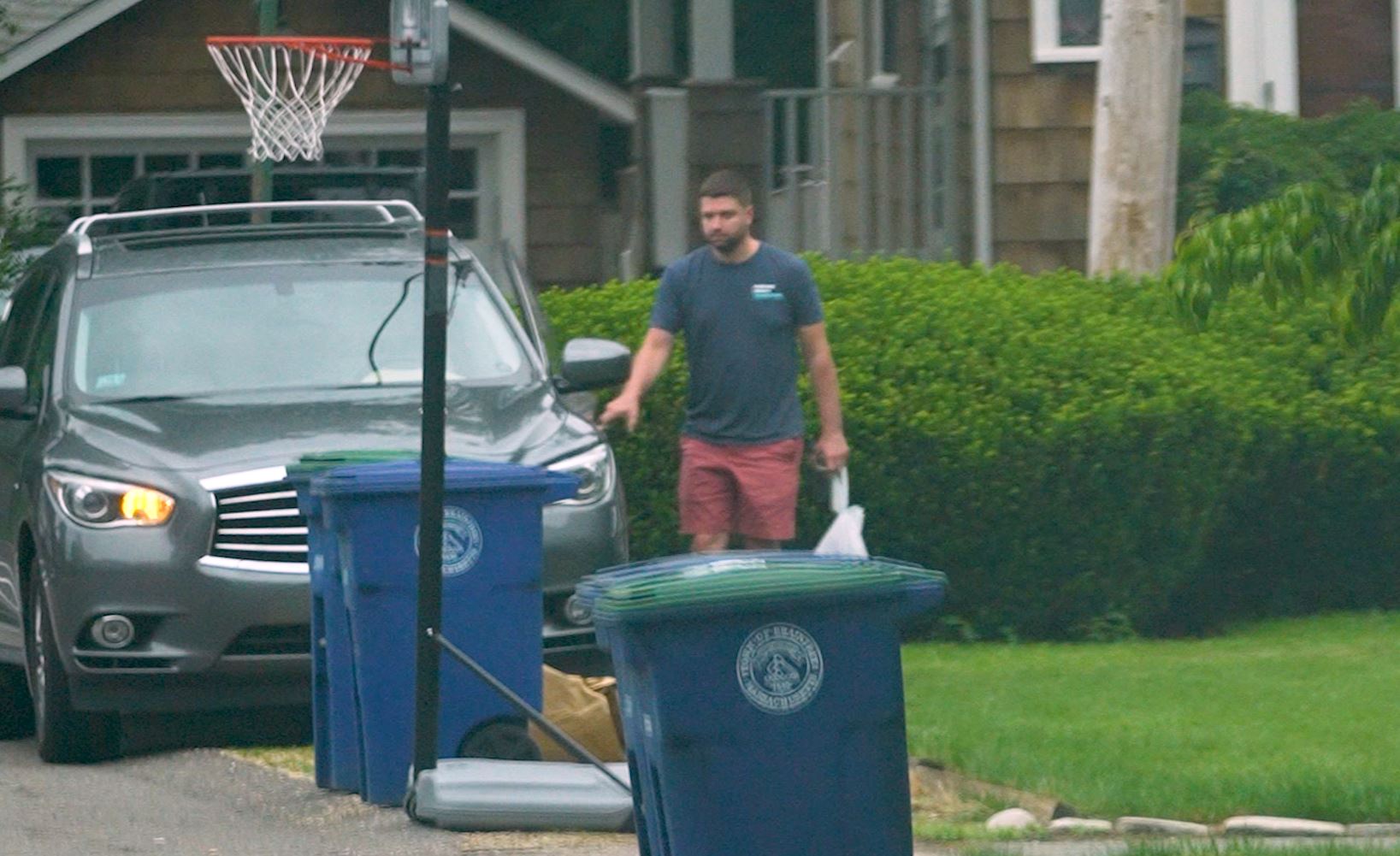Overtime payments made to an Ipswich, Massachusetts, deputy fire chief for state hazmat work, paid for through a state grant program, have sparked controversy.
The NBC10 Investigators reviewed town and state records related to the Massachusetts Department of Fire Services Best Value Grant and it appears that in some cases, Ipswich may not be playing by the rules.
Ipswich Deputy Fire Chief Lee Prentiss has been putting out fires and helping to keep the town safe for more than 30 years. He’s a well-respected firefighter who also works with District 6 of the Massachusetts Hazmat Response Team.
Last year Prentiss was paid almost $163,000 - $34,000 in overtime and stipends for those state hazmat calls alone. But some of that overtime pay is money he may not have actually earned. The NBC10 Investigators reviewed payroll, time sheet and reimbursement records and found during the past two years every time Prentiss worked a state hazmat call or went to training he pocketed overtime, even when he was already on duty.
Get Boston local news, weather forecasts, lifestyle and entertainment stories to your inbox. Sign up for NBC Boston’s newsletters.
Mary Connaughton from the government watchdog group the Pioneer Institute reviewed the Best Value Grant overseen by the Massachusetts Department of Fire Services, which funds that hazmat pay. According to the grant, overtime is only paid if the response occurs beyond the contractual work hours of the employee or if another firefighter is called in to replace the employee responding to a hazmat call.
“It seems pretty obvious to me that it’s intended that the premium pay occurs when the employee is outside of a scheduled shift. If it’s during a scheduled shift, the pay is at the normal rate, not overtime. The agreement is very clear on this," Connaughton said.
On May 1, 2023, a hazmat call came in at Pentucket Regional High. Prentiss was on duty at the firehouse but then used comp time to put himself off duty and billed the state for overtime. A week later, a few hours into his shift, he headed out for hazmat duty in Newburyport. In July another call came in while Prentiss was on duty but Ipswich billed the state for overtime on both days.
More Small Town Secrets
According to records, Prentiss also used vacation days, which are paid out at a straight-time rate, to attend a hazmat conference and a pre-scheduled drill but the state was billed for overtime once again. The deputy chief was out sick when a truck overturned on the highway in Billerica but jumped into action to respond and cashed in on more overtime.
When we caught up with Prentiss at the fire station he told us the overtime rate is all part of his deal with the town of Ipswich.
“No comment ma’am. It goes to the agreement I have with the town and there’s no comment to be made. Everybody was, in fact, everybody says I did nothing wrong,” said Prentiss.
Our questions to the Department of Fire Services about Ipswich’s hazmat overtime pay reimbursements prompted a state review and clarification of the Best Value Grant’s reimbursement rules.
“The team members on duty time will be reimbursed at the team member’s straight time rate," Glenn Rooney, an attorney for the department told NBC10 Boston. He added that the improvements in the grant’s language were rooted in transparency, accountability and fiscal responsibility.
Ipswich Town Manager Stephen Crane doesn’t believe the town is doing anything wrong. He praised Prentiss’ work and said he’s provided phenomenal service to the state.
“Because Deputy Chief Prentiss is salaried and uses his own vacation leave to respond, he’s not on duty and paid differently,” said Crane. He said the town believes it’s in compliance with the state requirements but if it needs to make changes to comply with the grant in the future it will.
In the last two years the state doled out almost $983,000 in hazmat reimbursements for local firefighters. The Department of Fire Services puts its trust in the local fire departments to follow the rules when it comes to billing and pay rates for their firefighters’ hazmat pay.
“They’re relying on towns to have good processes in place, I’m sure they’re subject to audit. I don’t know if there’s been any audits of these but maybe there should be," Connaughton said.
The Department of Fire Services wants to ensure the financial sustainability of the Best Value Grant and the benefits it delivers to cities and towns.
Have a tip for the NBC10 Boston Investigators? Email us at tips@nbcboston.com.



